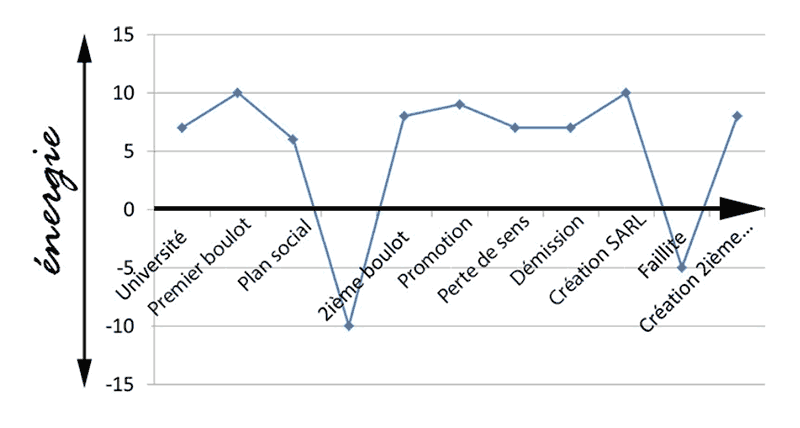Excessive use of screens and smartphones among children affects their attention, memory and cognitive functions, even raising the risk of early-onset dementia, according to studies.

- Addiction to screens among young people, particularly via smartphones and social networks, harms their brain by affecting attention, memory and cognition, according to recent studies.
- Excessive use of screens leads to a loss of gray and white matter in the frontal lobe, an essential area for learning. In the United States, early-onset dementia has increased sharply among young adults since 2012, coinciding with the rise of smartphones.
- Although the causal link is not proven, experts are calling for regulatory measures to limit the potentially long-lasting effects of intensive screen use.
Could screen addiction among young people, particularly intensive use of smartphones and social networks, be causing lasting harm to their brains? A meta-analysis of 34 studies, carried out by researchers at Macquarie University (Australia), reveals neuropsychological deficits in children and adolescents with “screen use disorders”which affects their attention, concentration and memory. Imaging even shows changes in their brains, particularly a reduction in gray and white matter in the frontal lobe, an area crucial for learning skills.
Early dementia on the rise
Australian teenagers now spend between four and six hours a day on social media, and up to eight hours a day in front of screens for leisure. A recent study found that those who frequently check their social media experience changes in brain areas related to emotions, motivation and cognitive functions. And for good reason, the brain, according to the principle of “use-it-or-lose-it” (use it or lose it), loses its plasticity in the absence of regular cognitive stimulation, we can read in A press release. In other words, neuronal connections that are not strengthened risk deterioration, which can have deleterious effects in the long term.
Long considered a disease of the elderly, dementia now also affects young adults. In Australia, nearly 29,000 people under the age of 65 suffer from it. In the United States, the statistics are more alarming: from 2013 to 2017, early-onset dementia among 30-44 year olds increased by 373%. Note that this spectacular increase is not simply due to progress in diagnosis, since not all age groups have experienced such a peak.

How can we better protect young people from screens?
Although the cause of this meteoric rise remains unclear, some researchers point to the omnipresence of smartphones, which, since their rise in 2012, have transformed our daily lives. While it is true that correlation does not necessarily mean causation, coincidence is concerning.
The rise in early dementia and the cognitive effects observed in young screen users highlight the need to consider protective measures. Initiatives such as age limits for social media, banning phones in schools and legislation encouraging platforms to take responsibility represent promising developments. But experts are calling for more work, in particular longitudinal studies to measure the impact of this prolonged exposure to screens on an entire generation.

















